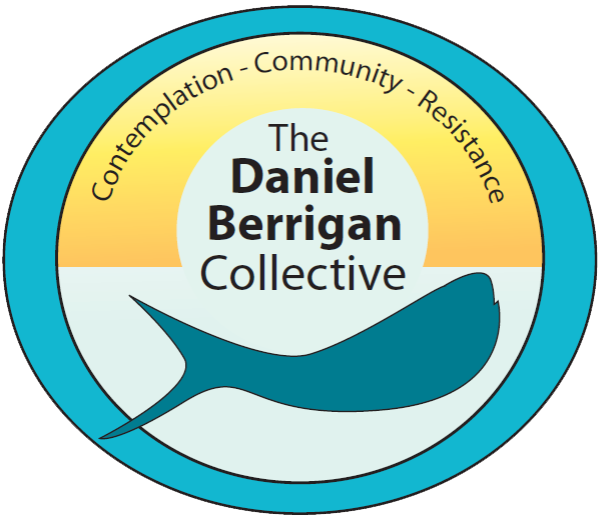For truth and reconciliation, we need spiritual maturity
When 215 unmarked graves were discovered on the grounds of the Kamloops Residential School in Canada, much of North America was shocked. Importantly, however, not all of North America was shocked. While, for many this was almost unbelievable news, the harsh, traumatic legacy of boarding schools, including unmarked graves or clandestine cemeteries, was not news for more Native Americans. In fact, it was well-known family history.
My friend and colleague, Maka Black Elk, the Executive Director for Truth and Healing, an initiative I am grateful to work on, has said that part of being indigenous today means that you are connected to tragic histories such as this. The discovery of these unmarked graves, though it may be devastating once again, is not shocking.
I was asked to write a reflection on what the work of Daniel Berrigan might say to the work of historical reckoning and accountability such as the Truth and Healing initiative with which I am now engaged.
What Daniel Berrigan knew, and called many of his confreres to admit, was that they, too, and indeed all white Americans, were also connected to violent, tragic histories. This haunted him, as it should have, and he asked others to allow it to haunt them.
In 1971, he published a letter to young Jesuits in his book America is Hard to Find. (Incidentally, this book itself is just as hard to find–I’m grateful to the Benedictine Sisters of Rapid City, SD for offering me their copy).
Photo by Manny Becerra on Unsplash
“The old comfortable arrangements between church and state are helpless to generate newness,” He wrote. “To the contrary, they prolong the stereotyped, lethal ‘solutions’ of war, racism, and poverty.”
The business of Native American boarding schools relied on the comfortable arrangements between the church and state. The United States government relied on various religious denominations, including the Jesuits, to carry out their policy of assimilation, of culture genocide.
The Church, including the Jesuits, were accomplices in this project.
The dynamics of the Church’s participation in warmaking which Dan decried were similar to the Church’s blessing of colonization. And Dan was haunted by his participation in such a collusion.
“In proportion as we envision a life based on such arrangements [between Church and state] or benefit because of them, I think we dishonor Christ.”
That relationship, here on the unceded land of the Oceti Sakowin, no longer holds such power. Holy Rosary Mission boarding school which was founded in 1888 is no longer a government funded boarding school. Instead, it has become Red Cloud Indian School where Lakota language and culture flourish.
And yet, the effects of this old comfortable relationship remain. The realities of colonialism, racism, poverty are present and dominate life for many individuals. It remains quite easy for many white people to be completely unaware of both of these realities and their connections to it.
Dan told young Jesuits that resistance was “the simplest, most logical way of translating the gospel into an argot that will be exact and imaginative at once.”
This does sound, upon first reading it, a bit extra. Upon further reflection, however, and read in light of Dan’s other works and the thrust of his life: resistance was not merely resistance to material forces that crush other people, though this is significant and necessary. Resistance, for Dan, was against the forces of evil that both result in the material death of too many and also the spiritual amnesia of those who collude with such forces.
In regards to the history of boarding schools and the whole of the white Church’s connections to colonization, we do risk perpetuating a spiritual amnesia if we do not confront these histories and their effect on our present.
In this, I recall the lines of Brother Christian, the Abbot of the Trappist monks killed in Algeria in 1996 in his letter before his martyrdom: “I have lived long enough to recognize that I am caught up as accomplice in the evil which, alas, seems to prevail in the world, even in that evil which might strike me blindly.”
May we, like Dan and Brother Christian, be open to such spiritual maturity and all that it asks of us.

